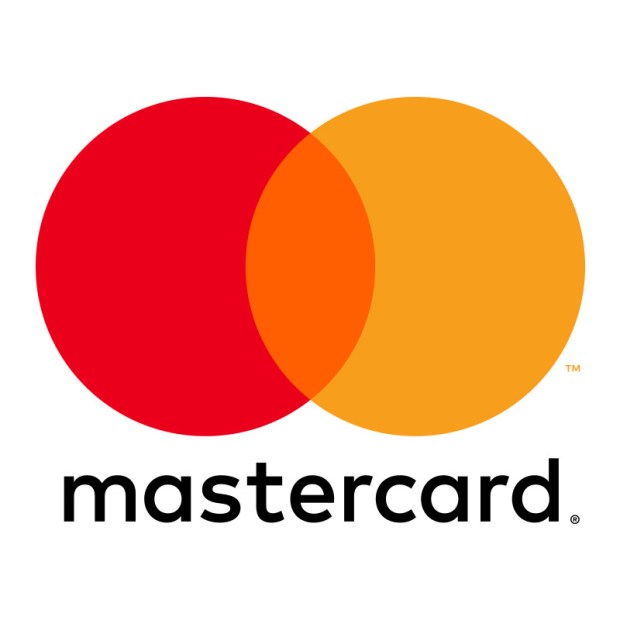Mastercard Files Patent To Use Blockchain To Protect Identity Data

Mastercard has filed a patent that reveals it might utilize blockchain as a way to protect identity data.
The application, which was originally filed in September 2017 and was released by the U.S. Patent and Trademark Office last week, describes how a semi-private or private blockchain could be used to receive and store identity data, including a “name, a street address, tax identification number” and more.
“The use of a blockchain for the storage of identity and credential data may provide for an immutable storage of such data that can provide an accurate verification thereof and also prevent the fabrication of such data,” wrote Mastercard in the filing.
As CoinDesk explains, the system would create a “data file” for each entity that is associated with a public key and a “geographic jurisdiction.” These entities would be “subordinate,” while a “superior” entity would place a digital signature on the data. A “hashing module of the processing server” would then generate an “identity value” for each entity, as well as create a block with a timestamp and record of the most recent block added to the blockchain.
Only certain nodes would be allowed to submit data, which would “prevent the addition of data that may compromise the accuracy of the data stored therein.”
The company went on to explain that the system could possibly replace other ways of proving identity that may be more likely to fall prey to fabrication and inaccuracies.
“In such instances, it may be difficult for an entity to disprove a false identity, leading to an interaction with an inauthentic individual or entity. Thus, there is a need for a technical solution to provide for the immutable storage of identity and credential data that may prevent fabrication and inaccuracies,” stated Mastercard.
The company has filed for more than 35 patents in blockchain technology. Last year, Mastercard announced that it will be opening up access to its blockchain technology through its developer’s API.
The company has also invested in the Digital Currency Group, which incubates cryptocurrency like bitcoin and blockchain-related companies. In addition, it joined the Enterprise Ethereum Alliance, which connects Fortune 500 companies with FinTech startups, academics and blockchain experts.
And just last week, Mastercard announced it was hiring 175 new technology developers, including blockchain specialists, to work out of an office in Ireland.
